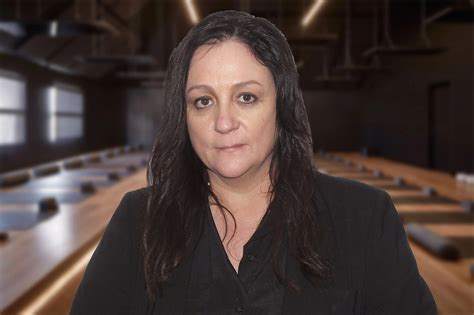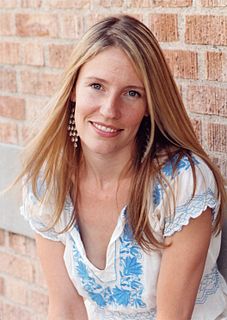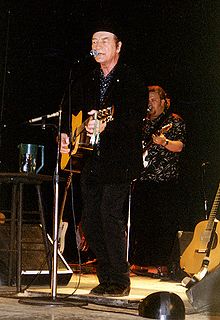A Quote by Bernice King
It is incumbent on the media industry to discourage the glorification of media violence. It is also incumbent on consumers who love America to support this effort with selective patronage campaigns to encourage media that provides uplifting content and to boycott the worst offenders, if necessary.
Related Quotes
My definition of media? 'Anything which owns attention.' This could be a game or, perhaps, a platform. Ironically, the media tends to associate media with publishing - digital or otherwise - which, in turn, is too narrow a way to consider not only the media but also the reality of the competitive landscape and media-focused innovation.
I have learned one thing, because I get treated very unfairly, that's what I call it, the fake media. And the fake media is not all of the media. You know some tried to say that the fake media was all the media, no. Sometimes they're fake, but the fake media is only some of the media. It bears no relationship to the truth.
ISIS uses traditional media platforms as well as widespread social media campaigns to propagate its ideology. With the broad distribution of social media, terrorists can spot, assess, recruit, and radicalize vulnerable persons of all ages in the U.S. either to travel to foreign lands or to conduct an attack on the homeland.
If old consumers were assumed to be passive, then new consumers are active. If old consumers were predictable and stayed where you told them, then new consumers are migratory, showing a declining loyalty to networks or media. If old consumers were isolated individuals, then new consumers are more socially connected. If the work of media consumers was once silent and invisible, then new consumers are now noisy and public.
Social media is something of a double-edged sword. At its best, social media offers unprecedented opportunities for marginalized people to speak and bring much needed attention to the issues they face. At its worst, social media also offers 'everyone' an unprecedented opportunity to share in collective outrage without reflection.































